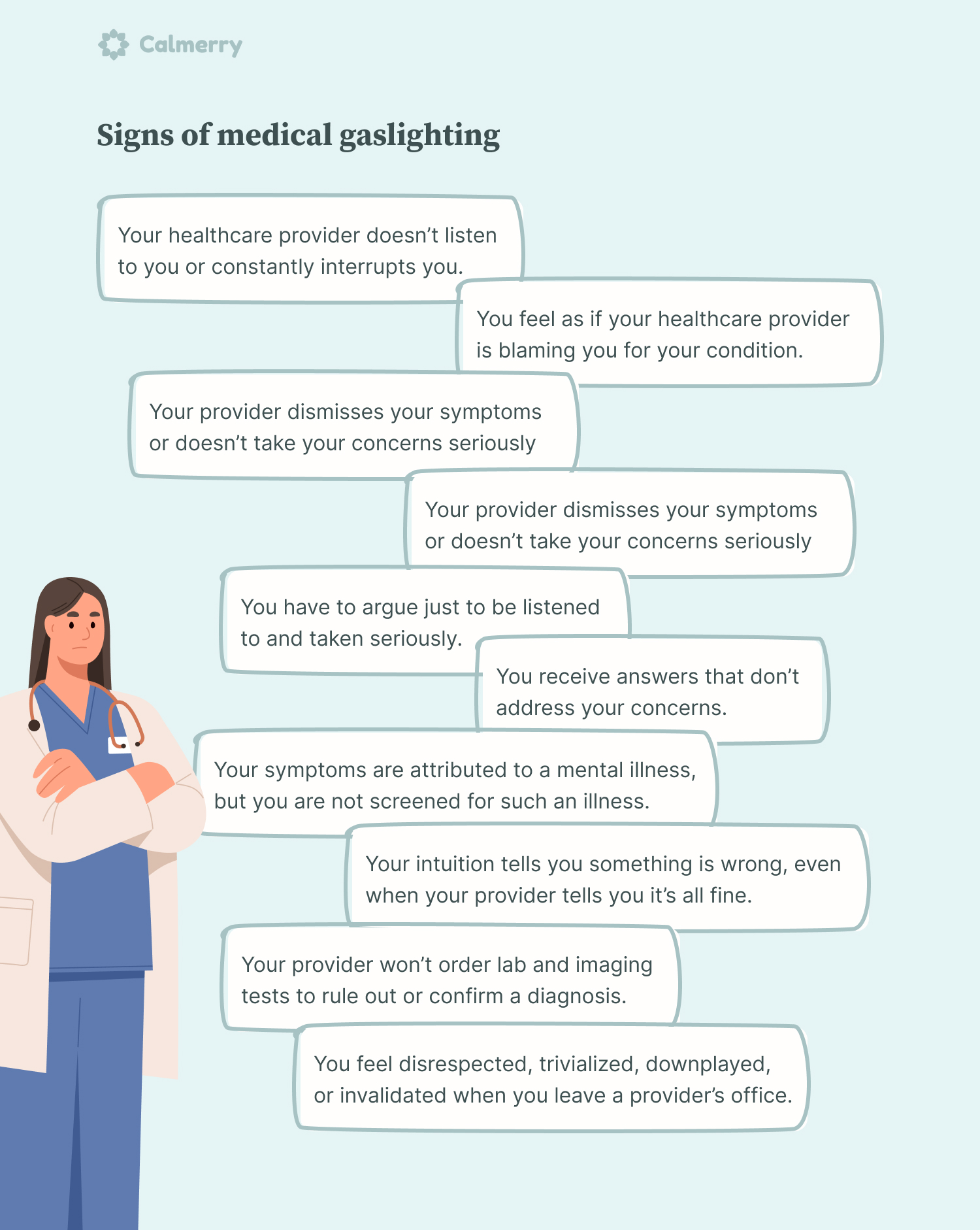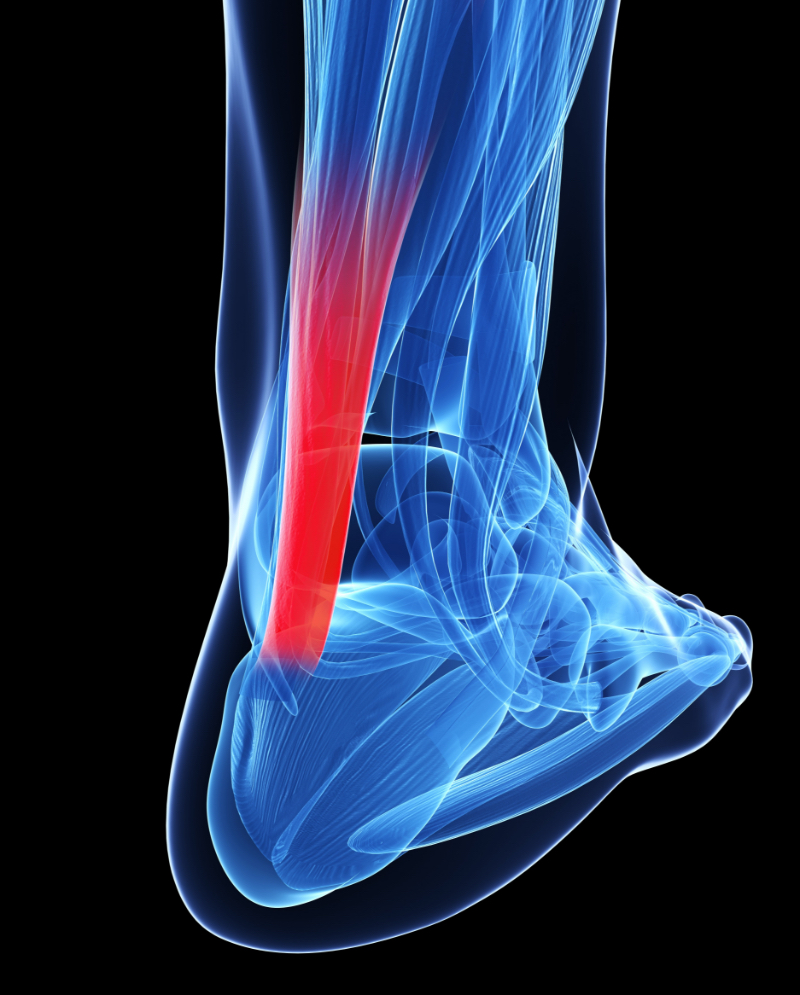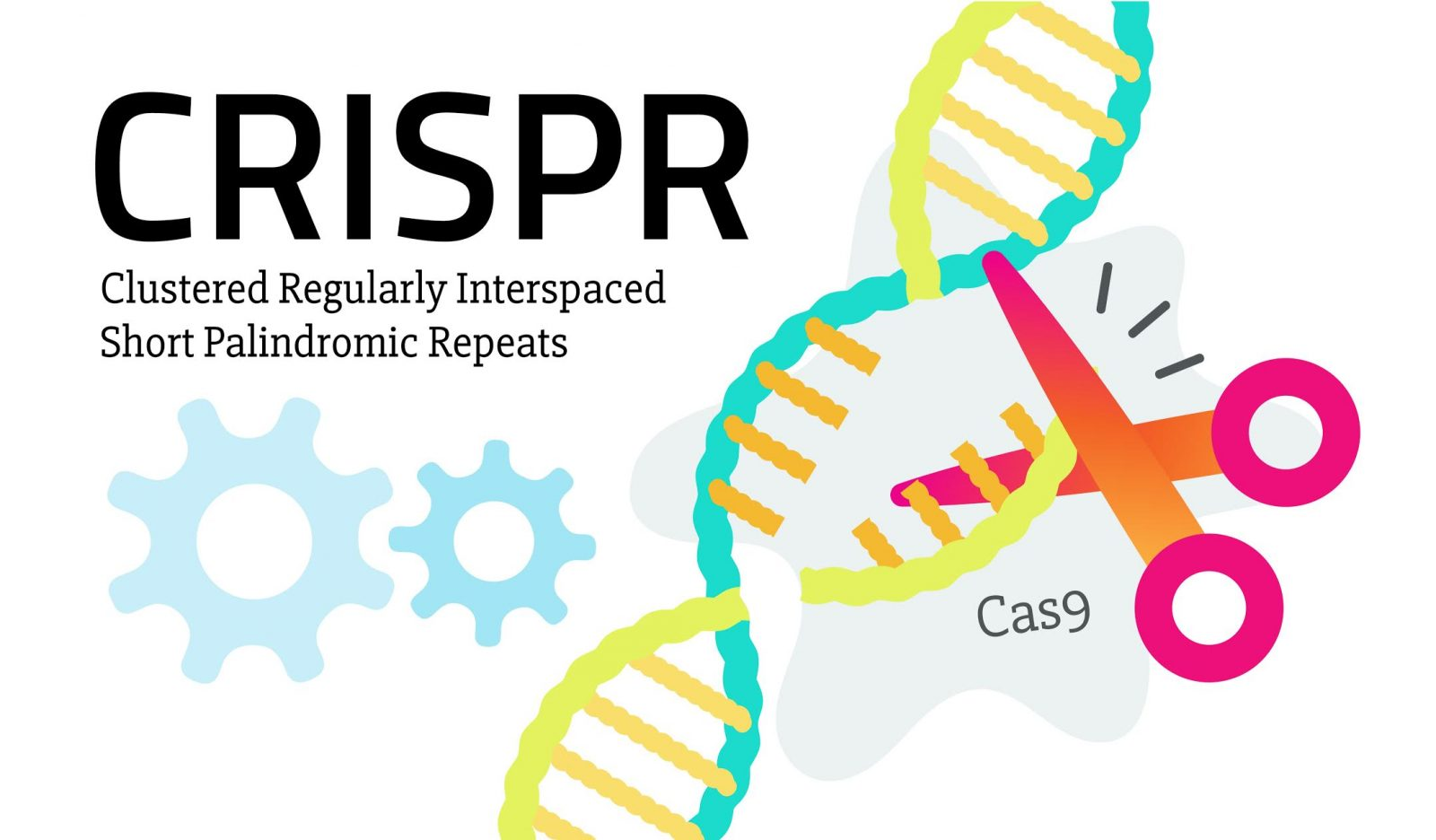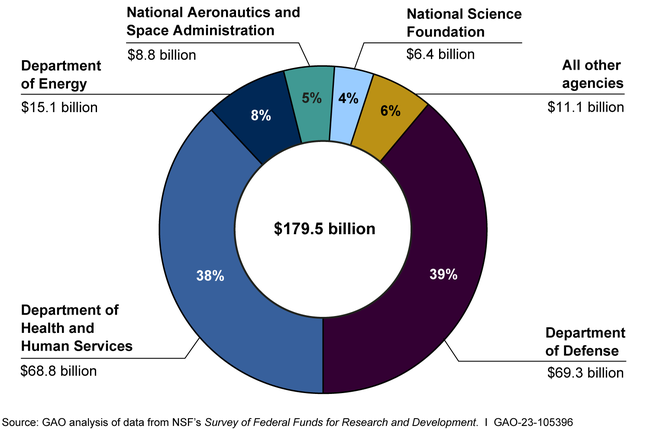Medical gaslighting has emerged as a critical concern in today’s healthcare dialogue, highlighting a worrisome trend where patients feel their experiences and symptoms are dismissed by their providers. This phenomenon often occurs in doctor-patient relationships when healthcare communication breaks down, leaving individuals vulnerable and frustrated, particularly those suffering from elusive conditions such as long COVID. Many patients report leaving doctor’s appointments feeling worse than when they arrived, as their genuine health issues are invalidated, sometimes being labeled as purely psychological. Amidst rising doctor burnout and growing caseload pressures, the effects of medical invalidation can be profound, complicating treatment pathways and diminishing trust in healthcare systems. As awareness of medical gaslighting grows, it calls for a reassessment of how healthcare professionals communicate and engage with their patients.
The concept often referred to as “medical invalidation” encapsulates a troubling dynamic within healthcare, where patients feel their valid concerns are minimized or overlooked. This issue is particularly evident in the context of chronic illnesses, where the link between symptoms and underlying conditions may not be easily established. Alternative terms such as “patient dismissal” or “provider skepticism” also reflect the broader implications of inadequate healthcare communication that can erode trust in the doctor-patient relationship. As mounting pressure on healthcare providers leads to increased instances of this disconnect, understanding its roots and impact becomes essential in fostering better interactions. Addressing the challenges of doctor burnout and creating a more empathetic healthcare environment holds the promise of improved patient care and enhanced recovery outcomes.
Understanding Medical Gaslighting and Its Implications
Medical gaslighting refers to instances where healthcare providers dismiss or minimize the concerns of their patients, often leading to feelings of invalidation and frustration. This phenomenon is particularly evident among patients dealing with complex or chronic conditions, such as long COVID and irritable bowel syndrome, where conventional medical tests fail to identify specific causes. The term has gained prominence in social media discussions, highlighting a broader awareness of how patients experience their healthcare journeys and the psychological impact of feeling unheard or misunderstood.
Importantly, medical gaslighting is not always a result of malicious intent but often stems from systemic pressures within healthcare settings. With increasing patient loads and demands for productivity, providers may inadvertently overlook the emotional and psychological needs of their patients. As a result, a significant portion of doctors may engage in behavior that can be perceived as invalidating, even if their intentions are benign. Recognizing this nuance opens the door for more compassionate healthcare communication and reinforces the need to prioritize empathetic patient-provider relationships.
The Role of Medical Invalidation in Healthcare
Medical invalidation occurs when a patient’s experiences or concerns are dismissed, leading to a breakdown in the doctor-patient relationship. This phenomenon often intertwines with medical gaslighting, where patients feel their realities are being questioned, yet it is critical to distinguish between the two. Invalidation can be subtle; a physician may suggest that symptoms are stress-related without exploring underlying causes, leaving patients feeling misunderstood and unsupported. Understanding this dynamic is essential for improving healthcare communication and ensuring patients feel validated.
Addressing medical invalidation requires a cultural shift within healthcare systems, where empathy and thorough communication are prioritized over mere diagnostic labeling. Training healthcare providers to better recognize and respond to patient concerns can significantly enhance patient satisfaction and adherence to treatment plans. Moreover, fostering an environment where doctors feel empowered to admit uncertainty or ask for further dialogue can lead to more constructive interactions, ultimately benefiting both parties in the healthcare relationship.
The Impact of Doctor Burnout on Patient Care
Doctor burnout is a pervasive issue in the healthcare industry, affecting not only providers but also the patients they serve. High caseloads, administrative burdens, and the pressure to meet productivity targets can leave healthcare professionals overwhelmed and disengaged. As burnout rates surge, it becomes increasingly difficult for physicians to engage meaningfully with patients. This lack of connection can lead to medical invalidation, where patients feel their concerns are brushed aside due to the physician’s exhaustion or preoccupation.
To combat the effects of burnout on patient care, healthcare institutions must prioritize support systems for their providers. This can include reducing paperwork requirements, offering mental health resources, and fostering a work-life balance that allows physicians to recharge. By addressing the factors that contribute to burnout, healthcare organizations can improve the quality of care patients receive, ensuring that doctors have the necessary time and energy to validate their patients’ experiences and provide the empathy that is critical for effective healthcare.
Enhancing Healthcare Communication: A Path to Better Relationships
Effective healthcare communication is the cornerstone of a positive doctor-patient relationship. When patients feel heard, they are more likely to trust their providers and adhere to treatment plans. This trust is especially vital for individuals dealing with ambiguous or hard-to-diagnose conditions like long COVID. Implementing communication strategies that prioritize active listening, empathy, and validation can dramatically transform the patient experience. Healthcare professionals need to not only share medical information but also demonstrate understanding and compassion towards their patients’ lived experiences.
Moreover, ongoing training in communication techniques can equip healthcare providers with the tools they need to foster a supportive environment. By creating space for patients to voice their concerns and by actively engaging in discussions about symptoms and treatment options, physicians can bridge the gap created by medical invalidation. Such improvements in communication practices are crucial for rebuilding trust, particularly in the context of complex medical histories where patients may feel marginalized or dismissed.
Recognizing the Signs of Medical Invalidation
Patients often struggle to identify whether they are experiencing medical invalidation or genuine misunderstanding of their condition. Signs can include a feeling of frustration when discussing symptoms, a sense that their physician is rushing through appointments, or that concerns are met with skepticism rather than inquiry. It’s important for patients to advocate for themselves and speak up if they feel their experiences are not being fully acknowledged. Recognizing these signs can empower patients to seek clarification and demand a higher standard of care.
For healthcare providers, being aware of the potential for medical invalidation can enhance their ability to communicate effectively. Simple strategies, like open-ended questions and confirming understanding, can help create a more inclusive dialogue. By fostering a collaborative environment where patients feel comfortable expressing their doubts or fears, healthcare providers can work together with patients to arrive at suitable care strategies and ensure that no one is left feeling invalidated or unheard.
The Pressure of Caseloads on Healthcare Providers
The increasing volume of patients that healthcare providers must manage significantly impacts the quality of care delivered. Physicians face immense pressure to diagnose and treat within limited time frames, leading to hurried consultations that can leave patients feeling overlooked. This rush often leads to important patient narratives being lost in the shuffle, contributing to experiences of medical gaslighting and invalidation. The impact of such pressures can be felt not just by the patients but also by the providers themselves, who may grapple with feelings of inadequacy and stress.
To counteract the negative effects of heavy caseloads, healthcare organizations need to reassess their appointment structures and workload distribution. Implementing strategies that allow for more thorough patient assessments, such as extended appointments for chronic conditions, can help alleviate some of this pressure. Additionally, providing physicians with resources to manage their time effectively can enhance both patient satisfaction and overall healthcare outcomes.
Building a Compassionate Healthcare System
Creating a healthcare system that prioritizes compassionate, patient-centered care involves more than just individual provider efforts; it requires systemic change. Institutions need to recognize the human aspect of medicine, moving beyond the metrics of productivity to foster environments where empathy thrives. By prioritizing compassion at all levels of healthcare, from administrative to clinical, providers can improve their interactions with patients and reduce instances of medical gaslighting and invalidation.
Moreover, cultivating a culture of continuous feedback and improvement within healthcare practices can ensure that both providers and patients feel supported. Encouraging open discussions about experiences and identifying areas for improvement can help patients feel more valued and less likely to encounter situations where they feel dismissed. As healthcare evolves, integrating compassion into every facet of practice becomes paramount for the future of medicine.
Strategies for Addressing Medical Gaslighting
Combating medical gaslighting requires a multi-faceted approach that involves training healthcare staff on the recognition and implications of such behavior. This includes workshops on effective communication techniques, understanding the impact of tone on patient interactions, and promoting a holistic view of health that acknowledges psychological factors. By equipping healthcare providers with these tools, it creates a proactive approach toward invalidation and misunderstanding in the patient-provider relationship.
Additionally, patients can be educated about their rights and equipped with strategies to advocate for themselves during medical visits. Encouraging patients to keep track of symptoms, ask clarifying questions, and express feelings of validation can empower them to reclaim agency in their healthcare journeys. Together, these strategies can lead to healthier interactions and a more supportive healthcare environment that actively combats medical gaslighting.
The Future of Patient and Provider Relationships
As the healthcare landscape continues to evolve, the relationship between patients and providers must adapt to meet changing needs and expectations. Emphasis on mental and emotional well-being alongside physical health will become increasingly important. Recognizing the holistic nature of healthcare will lead to improved communication strategies that prioritize the experience of the patient, ultimately reducing instances of medical invalidation and gaslighting, and promoting better health outcomes.
Future healthcare will benefit from integrating technology that enhances patient engagement, such as telemedicine and patient portals, which allow for greater direct communication between visits. These tools can provide continuous support and foster a more collaborative relationship in managing health conditions. By building a foundation of trust, understanding, and respect, the healthcare system can become a source of hope and healing for all.
Frequently Asked Questions
What is medical gaslighting and how does it affect patients?
Medical gaslighting refers to the situation where patients feel their symptoms and experiences are dismissed or invalidated, particularly when doctors suggest that symptoms may be psychological rather than physical. This phenomenon often leads to frustration and disbelief, especially among patients with hard-to-detect conditions like long COVID. In such cases, healthcare communication may lapse, exacerbating feelings of alienation and confusion for patients.
How can medical invalidation impact the doctor-patient relationship?
Medical invalidation can significantly damage the doctor-patient relationship, leading to reduced trust between the physician and patient. When patients perceive their concerns as disregarded, it can result in a lack of adherence to medical advice, increased anxiety, and further difficulties in seeking appropriate healthcare. This breakdown often stems from high levels of doctor burnout and time pressures, which can hinder effective healthcare communication.
What role does healthcare communication play in preventing medical gaslighting?
Effective healthcare communication is crucial in preventing medical gaslighting. Open dialogue between patients and providers can help ensure that patients feel heard and understood. When doctors take the time to express empathy and validate patients’ experiences, it fosters a more collaborative environment, reducing instances of medical invalidation and enhancing the overall quality of care.
How does doctor burnout contribute to medical gaslighting?
Doctor burnout can contribute to medical gaslighting by impairing a physician’s ability to engage meaningfully with patients. When physicians are overwhelmed by their caseloads and administrative burdens, they may unintentionally dismiss patients’ concerns due to a lack of time or emotional bandwidth. This can create situations where patients feel invalidated and overlooked, leading to potential misunderstandings and a negative healthcare experience.
Can long COVID patients experience medical gaslighting?
Yes, patients suffering from long COVID often face medical gaslighting as their symptoms can be difficult to diagnose or quantify, leading some healthcare providers to question the legitimacy of their concerns. This can be particularly frustrating for patients, making proper diagnosis and treatment challenging, thus highlighting the need for improved healthcare communication and empathy in patient interactions.
What steps can healthcare providers take to reduce instances of medical gaslighting?
Healthcare providers can reduce instances of medical gaslighting by improving their listening skills, encouraging patient feedback, and taking time to validate patient experiences. Additionally, addressing systemic issues like doctor burnout by reducing caseloads and administrative tasks can foster a more supportive atmosphere for both patients and providers, ultimately enhancing the doctor-patient relationship.
| Key Point | Details |
|---|---|
| Definition of Medical Gaslighting | A term describing when patients with hard-to-detect conditions feel dismissed by healthcare providers. |
| Mislabeling Issues | Debate exists on whether the term ‘gaslighting’ appropriately describes the invalidation of patient experiences. |
| Intent vs. Outcomes | Many cases of medical gaslighting may not involve intent to deceive; instead, they reflect ‘medical invalidation’. |
| Impact of Healthcare Pressures | Growing caseloads and administrative burdens contribute to doctors’ inability to provide compassionate care. |
| Solutions for Improvement | Recognizing the problem allows for open dialogue about improving doctor-patient relationships. |
Summary
Medical gaslighting is a concerning issue in healthcare, where patients feel dismissed or invalidated by their providers. The term highlights the psychological impact of being told that one’s symptoms are not real, especially in cases of complex or under-diagnosed conditions. It is important to differentiate between intentional deceit and situations where healthcare professionals may inadvertently invalidate a patient’s experience due to systemic pressures. Understanding medical gaslighting can foster compassion and improve communication between doctors and patients, ultimately enhancing healthcare outcomes.




